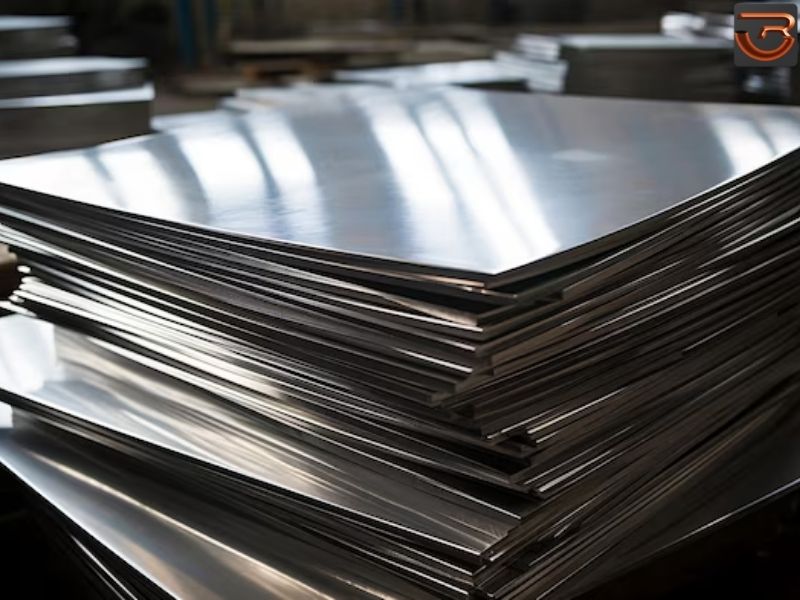Understanding Aluminum Alloys:
Aluminium alloys are formed by mixing aluminium with various elements such as copper, magnesium, silicon, and zinc, among others, to impart specific properties. Each alloy composition offers a unique combination of strength, durability, corrosion resistance, and other desirable characteristics, making them suitable for diverse applications.
Among the myriad of aluminium alloys, a few stand out for their exceptional versatility and performance. For instance, the 6000 series alloys, such as 6061 and 6063, are renowned for their excellent weldability, corrosion resistance, and machinability, making them ideal for structural applications in aerospace, automotive, and marine industries.
The Art of Alloy Selection
Choosing the suitable aluminium alloy for a particular application is akin to selecting the perfect tool for a specific task. It requires a nuanced understanding of the alloy's properties and how they align with the demands of the intended use. Factors such as strength requirements, environmental conditions, weight considerations, and cost constraints all play a crucial role in the selection process.For instance, when designing an aircraft component that demands a high strength-to-weight ratio and fatigue resistance, engineers often opt for 7075 aluminium alloy due to its exceptional strength properties. Conversely, for applications requiring corrosion resistance and formability, alloys like 5052 and 3003 are preferred choices.
Unveiling the Power of Tempering
Tempering is a heat treatment process that involves heating the aluminium alloy to a specific temperature range, followed by rapid cooling to modify its mechanical properties. This process enhances the alloy's strength, hardness, and toughness, making it more suitable for demanding applications.
- The temper designation system, denoted by letters such as T6, T651, and T4, provides insights into the tempering condition and mechanical properties of the alloy. For example, T6 represents solution heat-treated and artificially aged, resulting in high strength and hardness, while T4 signifies solution heat-treated only, offering improved formability and ductility.


Comments
Post a Comment